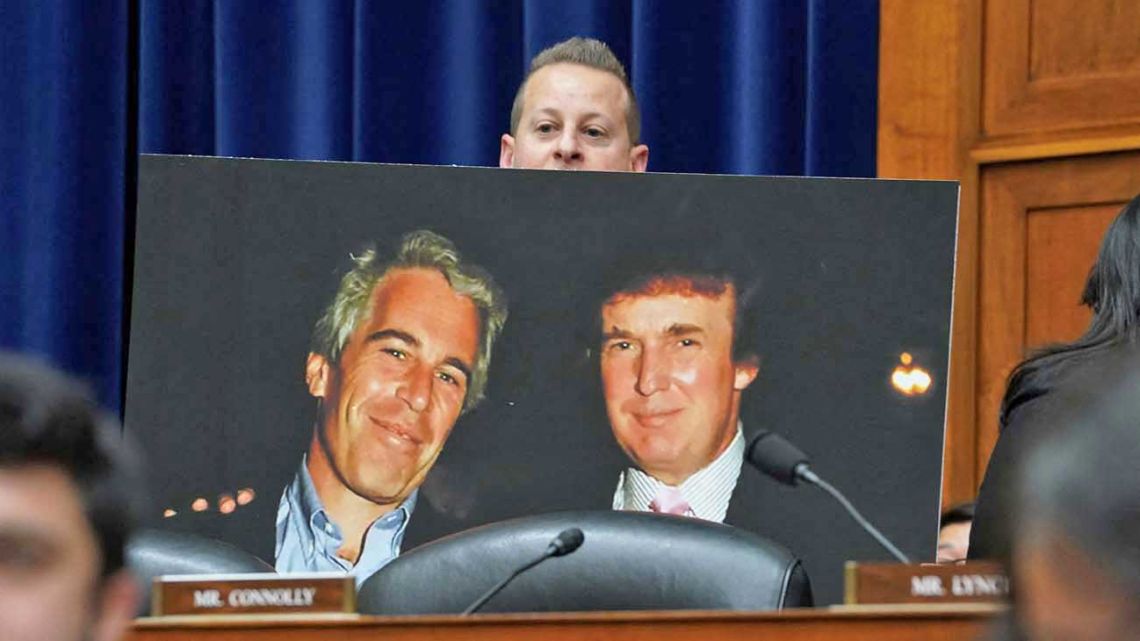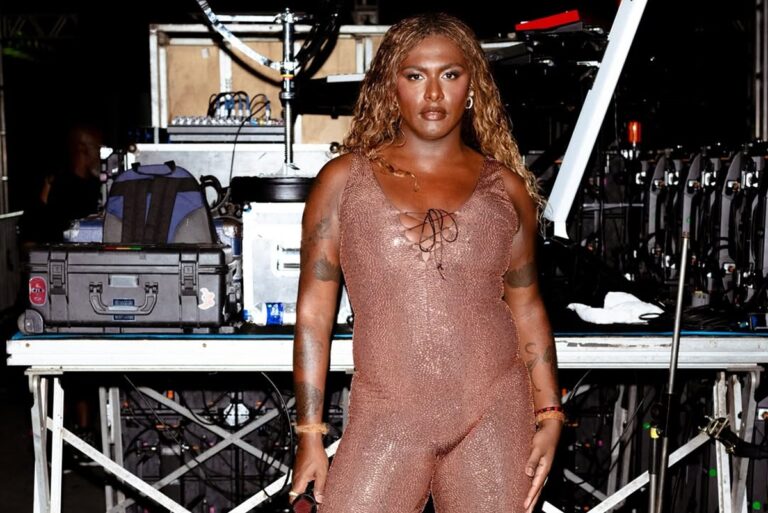
The controversial emails at the White House this week are part of a trove of documents obtained from Jeffrey Epstein’s estate after his death in 2019. The release of certain messages about current President Donald Trump can be traced back to an investigation conducted by the U.S. House of Representatives Oversight Committee.
Documents totaling several thousand pages, including emails, depositions, and other files, were turned over to the Oversight Committee by Jeffrey Epstein’s estate.
In November 2025, Democrats on the Oversight Committee released some of these emails, focusing on three messages that referenced Donald Trump. The publication was part of the committee’s investigation into Epstein’s network.
Authoritarians don’t like this
The practice of professional and critical journalism is a fundamental pillar of democracy. That is why it bothers those who believe that they are the owners of the truth.
Political background. The disclosure came amid intense public and political pressure to declassify the entire “Epstein File.” The Republican side of the committee accused Democrats of selectively leaking information to “create a false narrative to smear President Trump.”
The White House has denied the president’s knowledge of Epstein’s criminal activities.
The information contained in these emails is known through selective leaks by Democrats on the Oversight Committee, rather than through the full release of files.
The disclosed emails, which are internal communications between Jeffrey Epstein and the journalist and his partner Ghislaine Maxwell, suggest that President Trump knew of Epstein’s illegal activities, although the clarity and context of that knowledge is debated.
1. Mr. Epstein, who committed suicide in prison at the age of 66 in 2019, had a very negative opinion of Mr. Trump several years before his death.
“I’ve met some very bad people, but none as bad as Trump. He doesn’t even have a proper cell,” the pedophile wrote in a 2017 email, according to an email leaked by the Guardian newspaper.
In other messages, Epstein described Trump as a “lunatic man” with signs of “early-onset dementia.”
2. This message from Jeffrey Epstein to a journalist in 2019 contains a controversial keyword: Epstein wrote that Trump “knew about the girls.”
The email does not specify what exactly the president knew or whether that knowledge directly referred to underage prostitution or Epstein’s general inappropriate behavior.
The interpretation of this phrase is ambiguous and can be read as both complete knowledge of the crime and knowledge of Epstein’s generally inappropriate conduct.
2. This message sent to his partner and accomplice, Ghislaine Maxwell, contains cryptic references linking Trump to Epstein’s victims.
There he called President Trump “the dog that didn’t bark” (the expression suggests an actor who was expected to intervene or be a problem, but remained silent).
The email claimed that one of the victims (whose name was initially redacted but was later identified by the Republican committee as Virginia Giuffre) “spent hours with him (Mr. Trump) at my house and his name was never mentioned.”
Notably, Giuffre has previously said under oath that she believes Trump was unaware of Epstein’s criminal activity, that her only contact with Trump was brief and friendly at Mar-a-Lago, and that she did not accuse him of sexual misconduct.
3. Another message suggests Trump asked Epstein to resign from his Mar-a-Lago club in Florida. This is consistent with President Trump’s public statement that he had banned Epstein from Mar-a-Lago for allegedly “stealing” or “taking” club employees following controversy over his actions.
The documents do not present formal criminal charges or convincing evidence, but they do raise further questions about the president’s knowledge of the former host’s shady activities.



